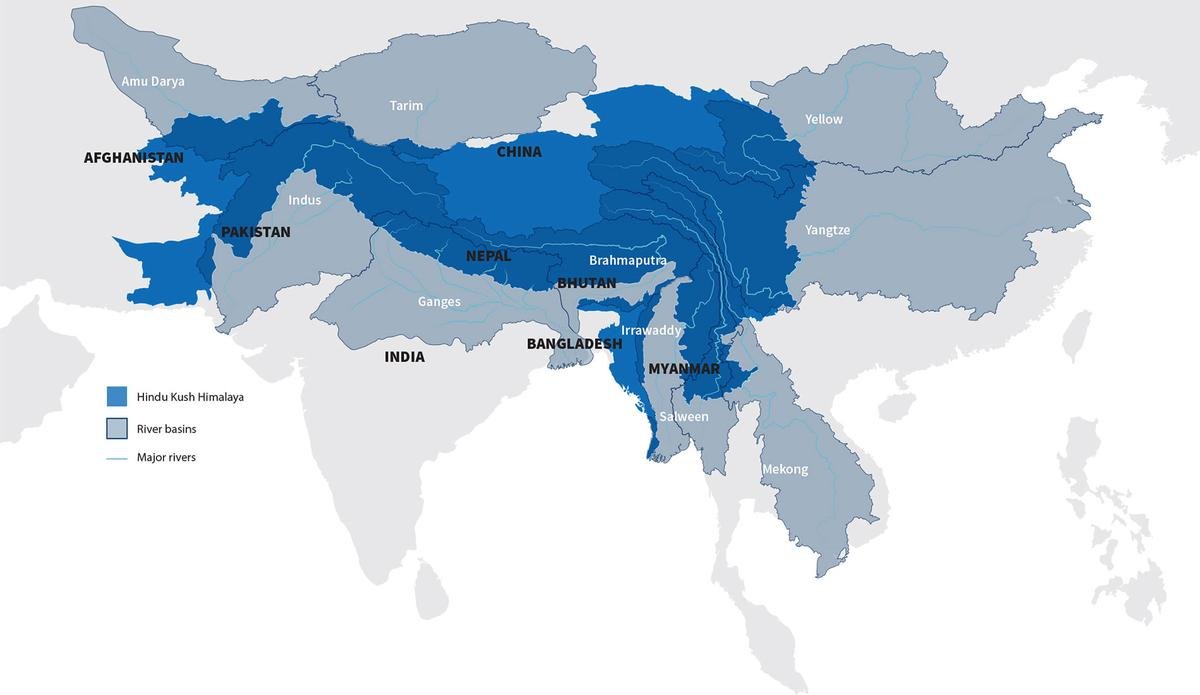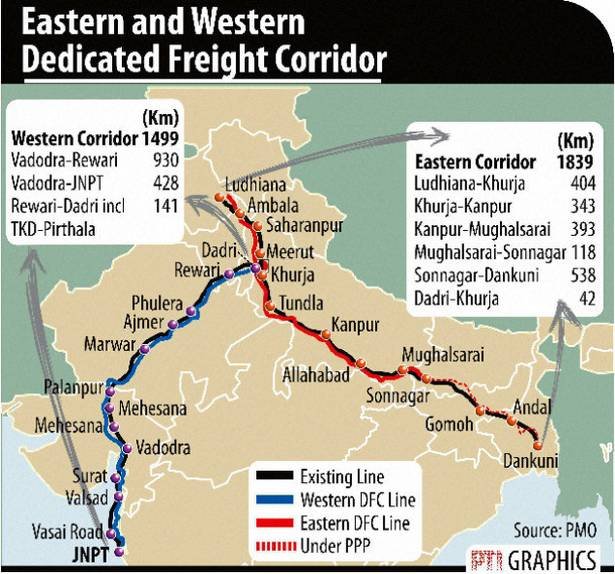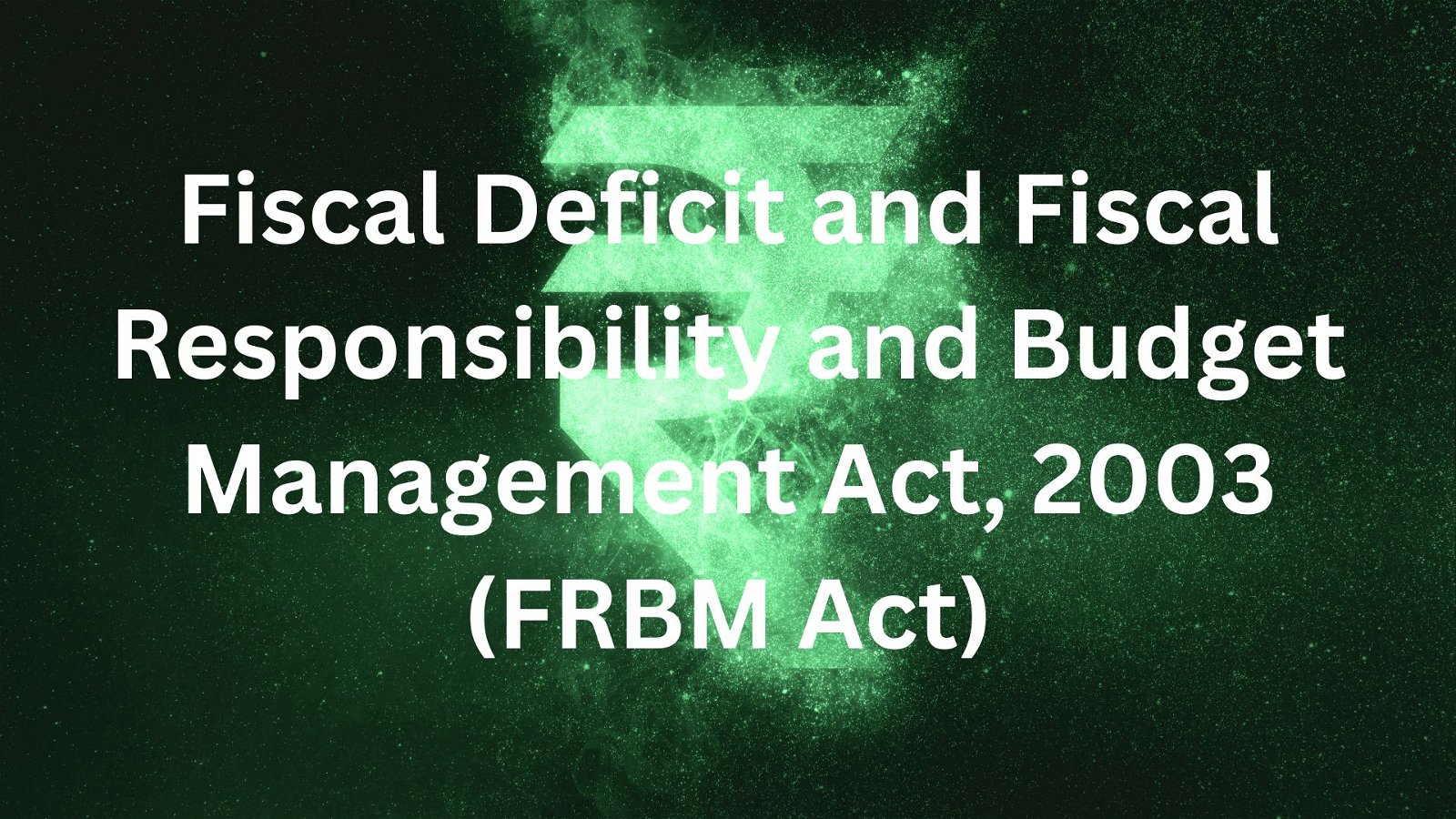
Zero Debris Charter
Subscribers of "Current Affairs" course can Download Daily Current Affairs in PDF/DOC
Subscribe to Never Miss an Important Update! Assured Discounts on New Products!
Must Join PMF IAS Telegram Channel & PMF IAS History Telegram Channel
- Context (Phys): Twelve nations have signed the Zero Debris Charter at the ESA/EU Space Council, solidifying their commitment to the long-term sustainability of human activities in Earth orbit.
- The 12 nations are: Austria, Belgium, Cyprus, Estonia, Germany, Lithuania, Poland, Portugal, Romania, Slovakia, Sweden and the United Kingdom. In addition, the European Space Agency (ESA) also signed the Charter as an International Organisation.
- The Charter is a broader community-driven and community-building initiative for the global space community. It is an effort to become debris-neutral in space by 2030.
- Need for the charter: Currently, more than one million pieces of space debris larger than one cm are in Earth orbit, capable of causing catastrophic damage to space assets and astronauts and could render some orbits entirely unusable.
- While the charter is a non-legally binding agreement, it fosters a community of proactive actors working collectively to achieve space safety and sustainability with jointly defined measurable targets for 2030.
Other efforts to deal with space debris
- UN Committee on the Peaceful Uses of Outer Space: States and organizations exchange their debris information to the Committee’s Scientific & Technical Subcommittee.
- Convention on International Liability for Damage Caused by Space Objects 1972: It ensures International 3rd party liability.
- Convention on Registration of Objects Launched into Outer Space, 1976: It mandates registration of space objects.
- Space Debris Mitigation Guidelines, drafted by the Committee on the Peaceful Uses of Outer Space (COPUOS), 2007: These guidelines are non-binding and aim to limit the generation of new space debris.
- NASA Orbital Debris Program: It officially began in 1979. The program looks for ways to create less orbital debris and designs equipment to track and remove the debris already in space.
- Japan’s Adras-J, or Active Debris Removal by Astroscale, is testing its ELISA system for capturing debris with magnets.
- British Remove DEBRIS Project is experimenting with nets & harpoons.
- European Space Agency launched Clear Space – 1 to remove debris from the orbit.
India’s efforts
- Network for Space Objects Tracking and Analysis (NETRA Project): It tracks space debris within 1,500 km with an optical telescope for surveillance.
- Multi Object Tracking Radar: MOTR is developed by Satish Dhawan Space Centre allowing ISRO to track 10 objects simultaneously, including space assets & debris.
- ISRO is part of the Inter-Agency Space Debris Coordination Committee to coordinate global efforts to reduce man-made and natural space debris by identifying debris mitigation options.
Learn in detail about Space Debris.
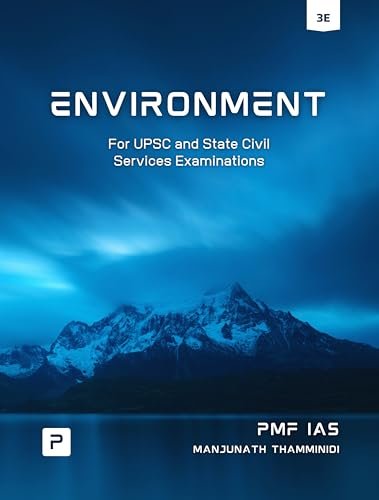
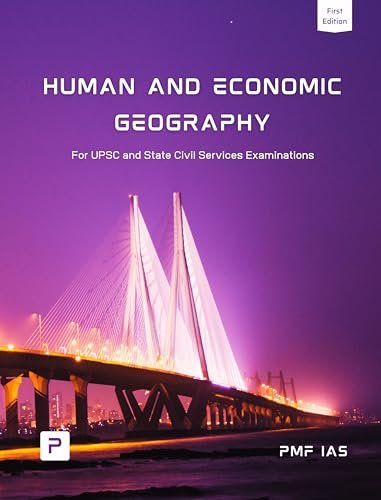


![PMF IAS Environment for UPSC 2022-23 [paperback] PMF IAS [Nov 30, 2021]…](http://pmfias.b-cdn.net/wp-content/uploads/2024/04/pmfiasenvironmentforupsc2022-23paperbackpmfiasnov302021.jpg)

